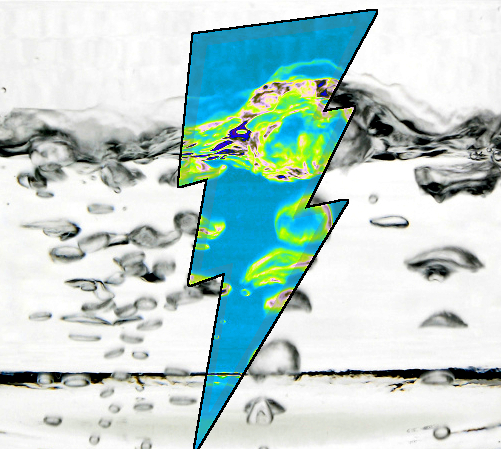Gippsland going green early
 One Victorian water authority has announced bold plans for emissions reduction.
One Victorian water authority has announced bold plans for emissions reduction.
Gippsland Water has announced it will aim to reach net zero carbon emissions by 2030.
The authority’s managing director Sarah Cumming says the organisation will work towards achieving net zero carbon emissions 20 years earlier than its previous target year of 2050.
“We’re taking strong action now, to help preserve our precious environment for current and future generations,” Ms Cumming says.
“We’ll achieve this by moving to 100 per cent renewable energy by 2025 and driving net greenhouse emissions down to zero by 2030.”
Under Victoria’s water plan Water for Victoria, the state’s water sector has committed to setting ambitious reduction targets on the path to net zero.
“We’re already well on our way to reaching our first goal of reducing our carbon emissions by 24 per cent by 2025, thanks to a large scale native planting project, solar panel installations and other renewable energy projects,” Ms Cumming said.
“We found that with ambition, effort and careful planning, we could go further and reach our targets sooner.”
Six of Gippsland Water’s highest energy-consuming sites are already solar powered, with more to come, including at the Gippsland Water Factory.
The Gippsland Water Factory site is already powered in part by a biogas cogeneration engine and a hydroelectric generator.
Gippsland Water is one of 14 Australian and New Zealand water corporations who have added their voice to a global message that the water industry is tackling climate change, as part of the United Nations-backed Race to Zero campaign.








 Print
Print